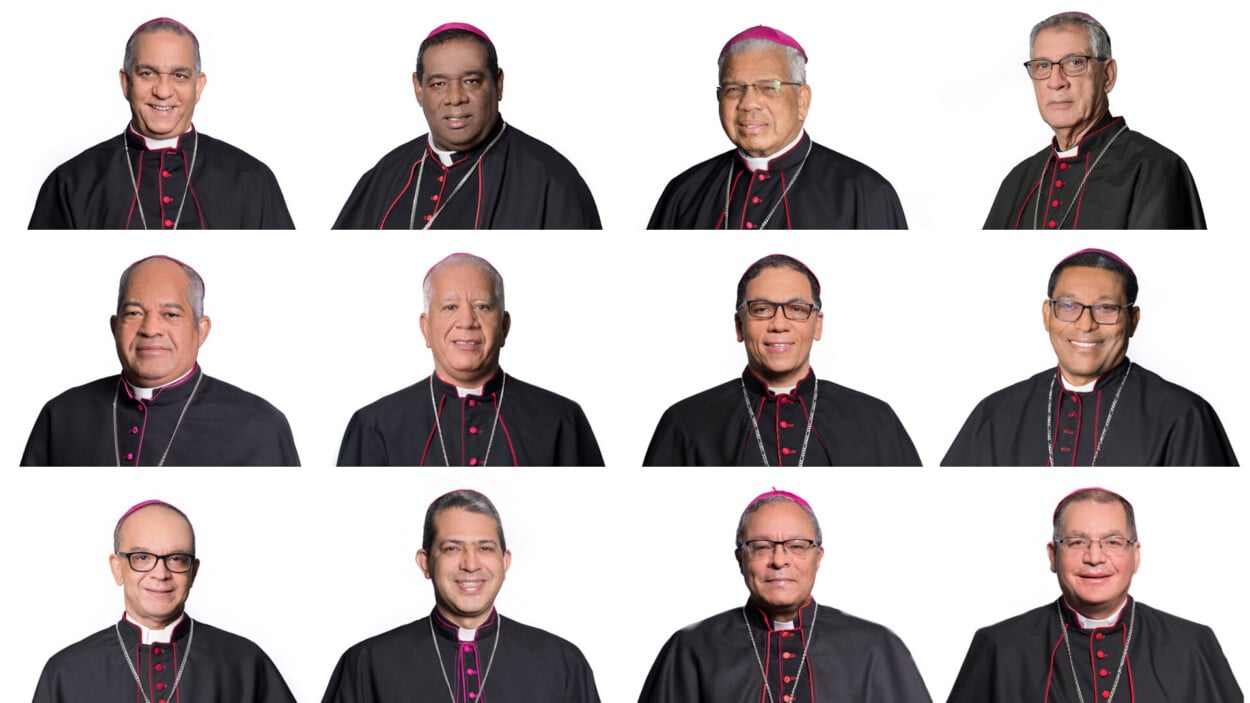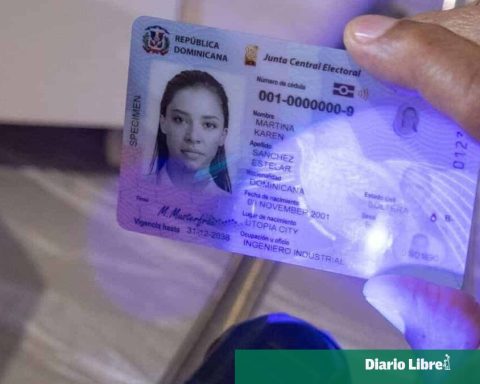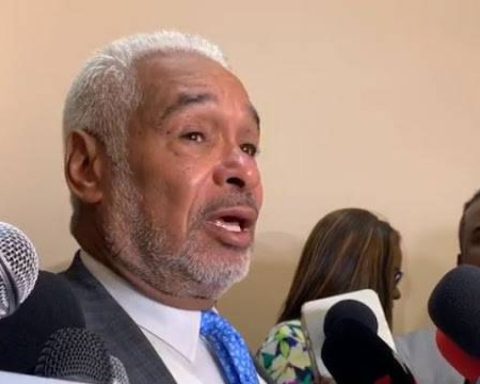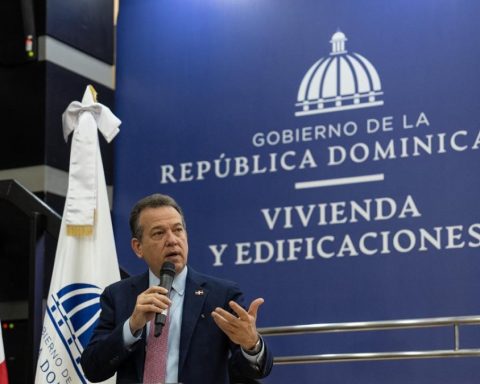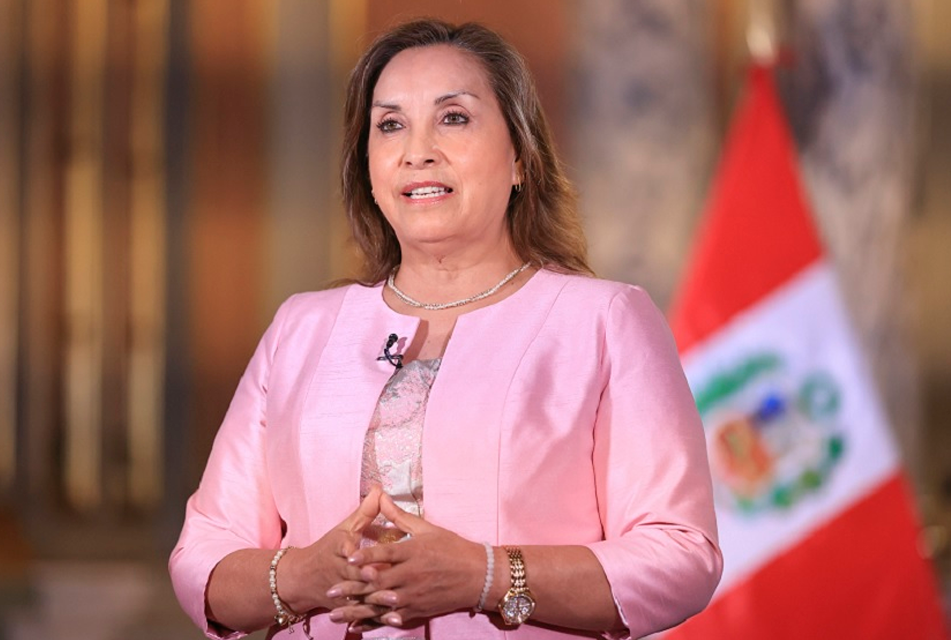Santo Domingo.- Aware of the importance of strengthening the country’s economy and tax revenue, the bishops of the Dominican Catholic Church highlighted this Saturday the need for any fiscal adjustment to be carried out with a humanistic and socially equitable approach.
This manifesto issued in a statement by the Conference of the Dominican Episcopate (CED) occurs in a context of national attention due to the tax reform proposal presented by the Government.
In their statement, the ecclesiastical leaders valued the Government’s efforts to address current economic challenges, but stressed that it is crucial that the measures contemplate a balance between financial growth and the well-being of citizens, especially the most vulnerable sectors.
“Any reform must be based on the principle of social justice and protect those who have the least,” they expressed, citing the social doctrine of the Church and documents such as the Pastoral Constitution Gaudium et Spes and the apostolic exhortation Evangelii Gaudium.
Worry
One of the central points of the bishops’ message is their concern about the impact that the reform could have on low- and middle-income families. They pointed out that an increase in the tax burden for these sectors could affect their ability to satisfy basic needs, which would worsen their economic situation.
They recalled that the State has the fundamental responsibility of ensuring the well-being of all citizens, with special attention to the most disadvantaged.
Likewise, they called on the authorities to maintain rigorous control over public spending and take measures against corruption, ensuring that the resources obtained through the tax reform are managed efficiently and transparently.
Dialogue and social participation
The members of the CED insisted on the importance of open and constructive dialogue as an essential way to reach consensus that benefits the entire country.
In this sense, they urged the Government to listen to all sectors of society, including religious and civil organizations, unions and community groups, to guarantee that decisions are inclusive and reflect the real needs of the population.
In the words of Pope Francis, they recalled that “an authentic dialogue must be constituted as a meeting space where all voices are heard,” calling for this process to be transparent and participatory.
You can read: Evangelical community rejects taxes on churches and defends its social work
Social Justice and Common Good
In their statement, the bishops reaffirm their commitment to promoting a more just and supportive society. They stressed that tax reform should not deepen social inequalities, but rather contribute to an equitable distribution of wealth and ensure that all citizens have the opportunity to improve their quality of life.
Citing Pope John Paul II in Sollicitudo Rei Socialis, the bishops noted that development should not be limited to economic growth, but rather promote the comprehensive well-being of all people. Likewise, they reiterated the importance of strengthening tax revenues, but urged that this be done in a fair and equitable manner, without sacrificing the most vulnerable sectors.
You can read: Circe Almánzar: We need an effective dialogue to stop tax evasion
Finally, they invited all Dominicans to unite in a spirit of solidarity and commitment to the common good, highlighting that tax reform should be an opportunity to move towards a more inclusive society.
“The Church is and will always be at the side of the most disadvantaged,” they stressed, reiterating its willingness to accompany all sectors of society in this process.
